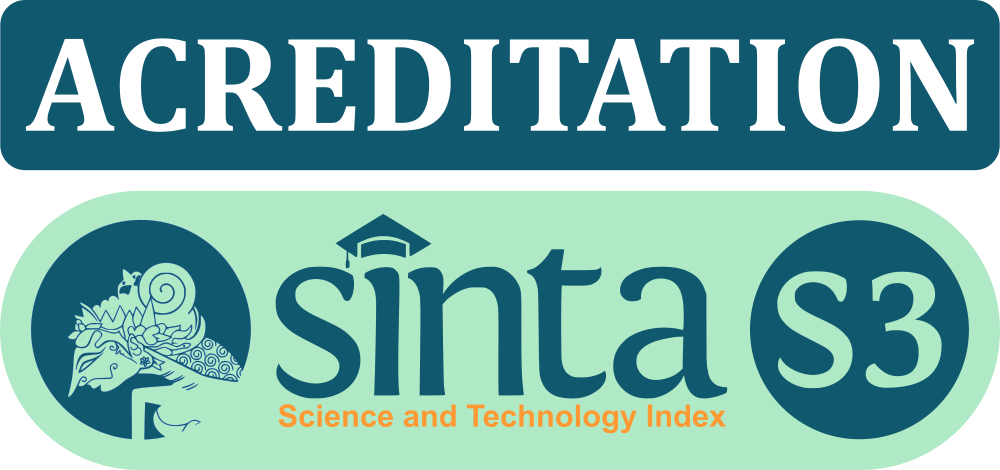APPLICATIOaN OF TEMPERATURE CONTROL SYSTEMS AT THE CATALYST ACTIVATION STEP IN THE METHANOL TESTPLANT
DOI:
https://doi.org/10.29122/mipi.v15i1.3857Keywords:
Catalyst Activation, Methanol Testplant, Temperature ControllerAbstract
Catalyst activation is an important step in methanol synthesis process, achieved by the reduction of CuO precursor producing Cu0 active sites. Testplant’s temperature operation shall be maintainted at 220°C in order to maximize the CuO reduction process in the catalyst activation step. A temperature control system shall be applied in methanol testplant to maintain the temperature during reduction process, due to sensitivity of reduction process to temperature variation and possibility of disturbance such as change in gas flow rate which could affects the operating temperature. Temperature control systems are tested by using step response at the desired setpoint, which is 220°C at pre-heater and reactor and 60°C at sampling line. The tests are conducted by changing the setpoint value at temperature controller and previously stable flow gas in the system (disturbance rejection). The temperature control system proved to be able to response well during the test. In the end, methanol is produced from syngas, indicating catalyst activation success.
References
Sharma, S. Gupta, S. dkk. 2005. Selection and application of advance control system : PLC, DCS and PC-Based system. Journal of Scientific & Industrial Research, 64. 249-255
Lo. I-Chi and Ho-Shing Wu, Methanol Formation from Carbon Dioxide Hydrogenation using Cu/ZnO/Al2O3 Catalyst, Journal of the Taiwan Institute of Chemical Engineers, 2019.
L.E. Lucking, Methanol Production from Syngas : Process Modelling and Design Utlising Biomass Gasification and Integrating Hydrogen Supply, TU Delft, December. 2017
R. E. Sorace, V. S. Reinhardt, and S. A. Vaughn, High-speed digital-to-RF converter, U.S. Patent 5 668 842, Sept. 16, 1997
Hendriyana. Herri, Susanto. Subagjo. Kinetika Reduksi Isotermal CuO/ZnO dalam Penyiapan Katalis untuk Sintesis Metanol, Prosiding Seminar Nasional Teknik Kimia Kejuangan. 2015., diakses Agustus 2009.
ASME B31.3, Process Piping. American Society of Mechanical Engineer, 2012
Prasetya, E. Regenerasi Katalis Campuran Al2O3 dan HZSM-5 Melalui Reaksi Oksidasi Berbasis Udara Bebas Dari Reaksi Etanol Menjadi Hidrokarbon, Universitas Indonesia, Juni. 2012.
Cigoy, D. How to Select the Right Temperature Sensor, Keithley, Jun. 2007
KH-15 Pressure Transmitter data sheet, Nagano Keiki, Tokyo, Japan
Ogata, K., 2010, Modern Control Engineering 5th Edition, Prentice Hall, New Jersey
Seborg, D. (2004). Process Dynamics and Control. New York. John Wiley & Sons, Inc.
E5CB Temperature Controller manual, Omron Europe, Amsterdam, Netherland
Setiawan, I. (2008). Kontrol PID Untuk Proses Industri, Elex Media Komputindo
Safetygram 4 : Gaseous Hydrogen, Air Products, Pennsylvania, USA
Trace Moisture Diurnal Effects in Process Applications, GE Sensing & Inspection Technologies, Massachusetts, USA
Harris, P. Pellegrini, M. Mass Transport in Sample Transport Lines Adsorption Desorption Effects and Their Influence On Process Analytical Measurements. HariTec, 2004.
Downloads
Published
How to Cite
Issue
Section
License

This work is licensed under a Creative Commons Attribution-ShareAlike 4.0 International License.
Open Access Policy
MIPI provides immediate open access to its content on the principle that making research freely available to the public supports a greater global exchange of knowledge.
MIPI by BRIN is licensed under a Creative Commons Attribution-NonCommercial-ShareAlike 4.0 International License. Permissions beyond the scope of this license may be available at http://ejurnal.bppt.go.id/index.php/MIPI


















